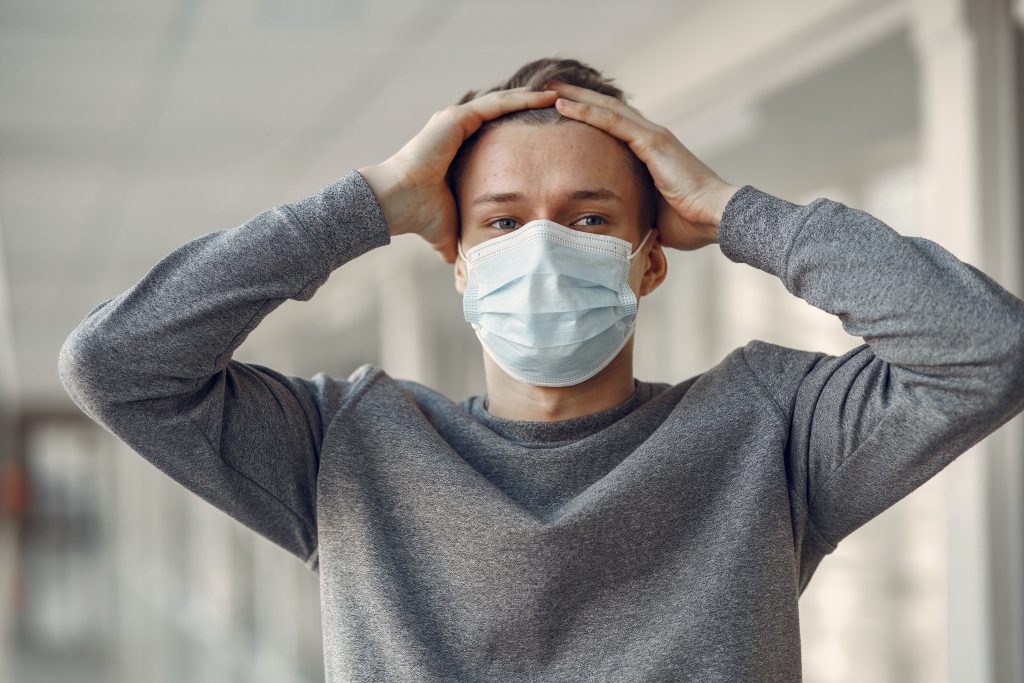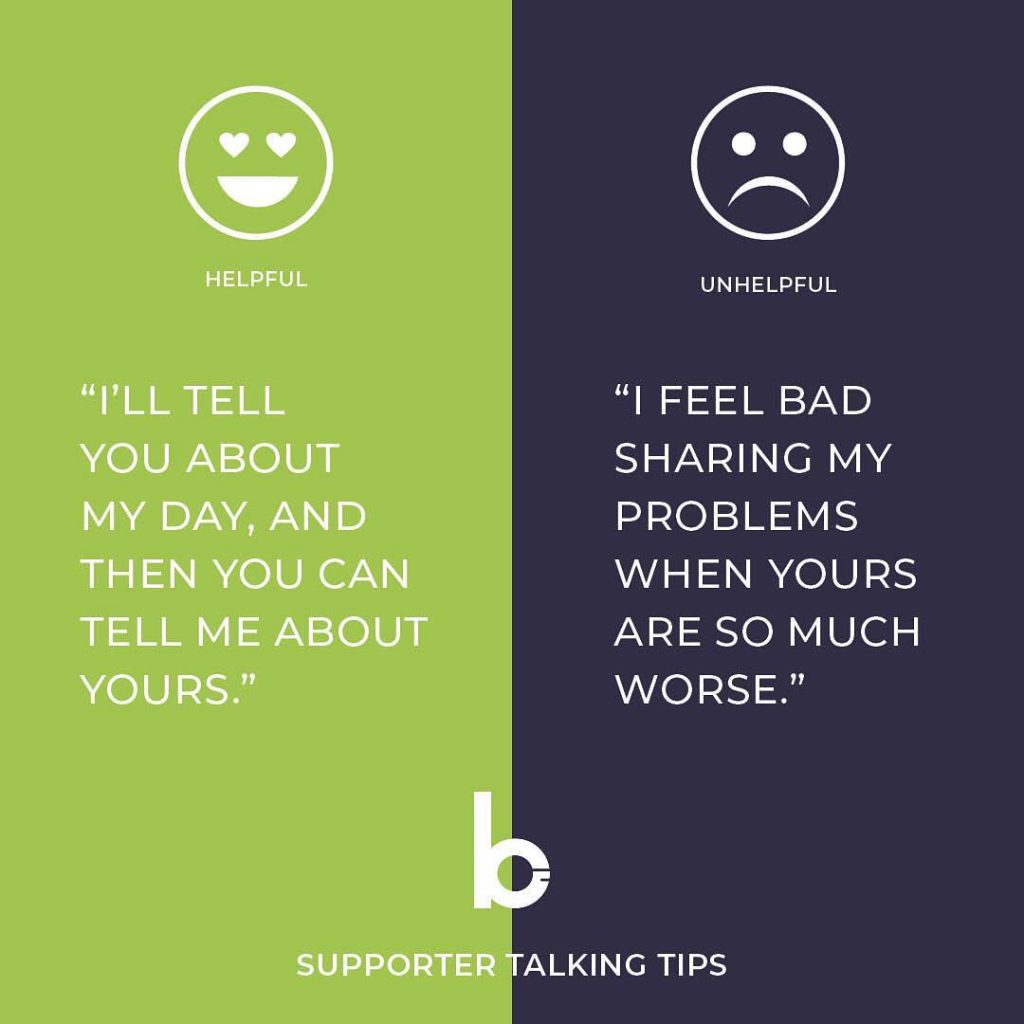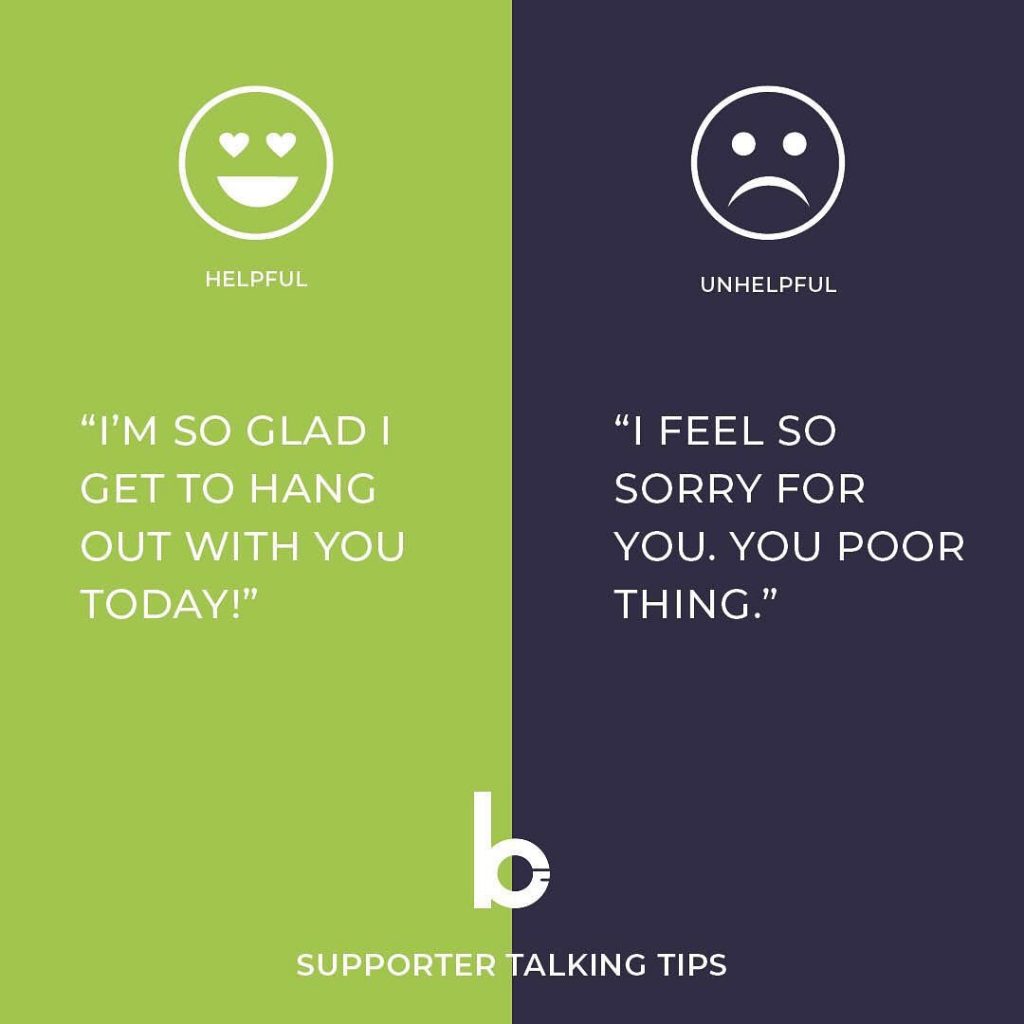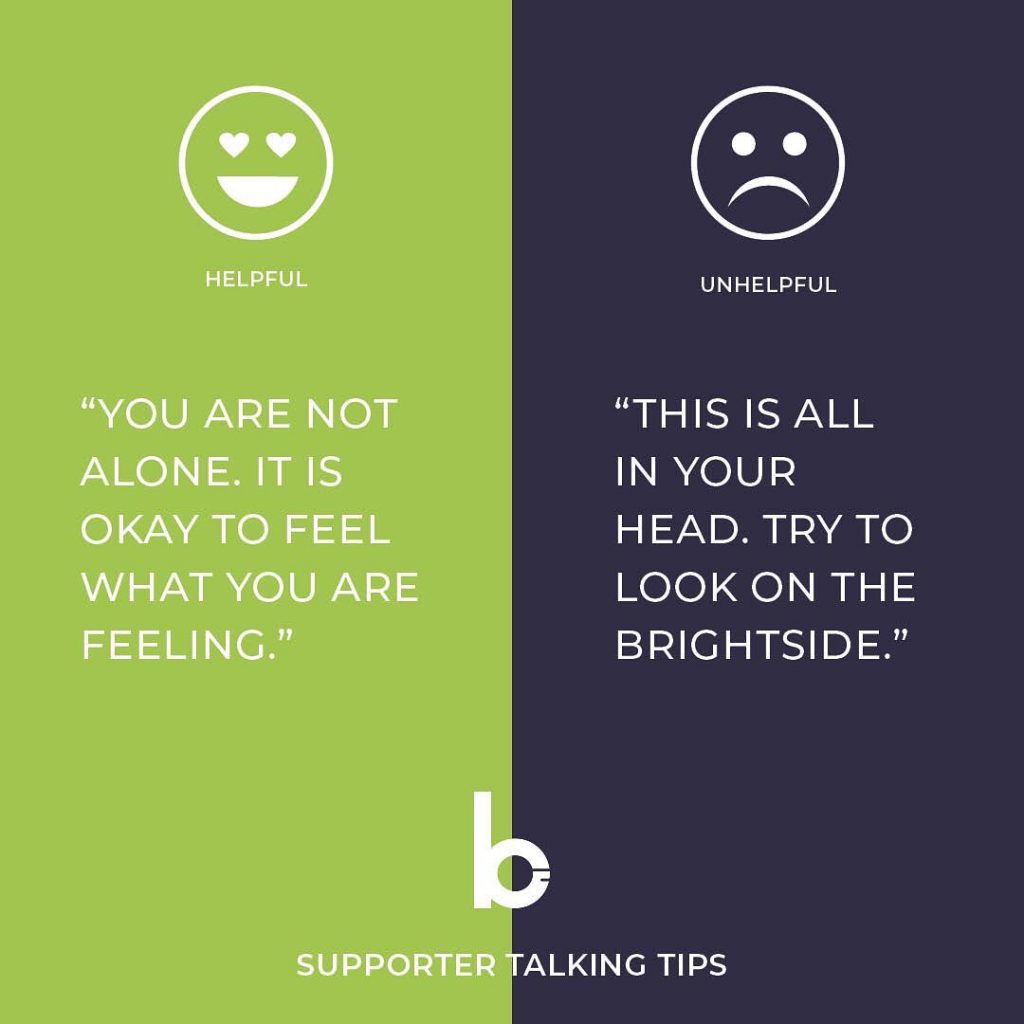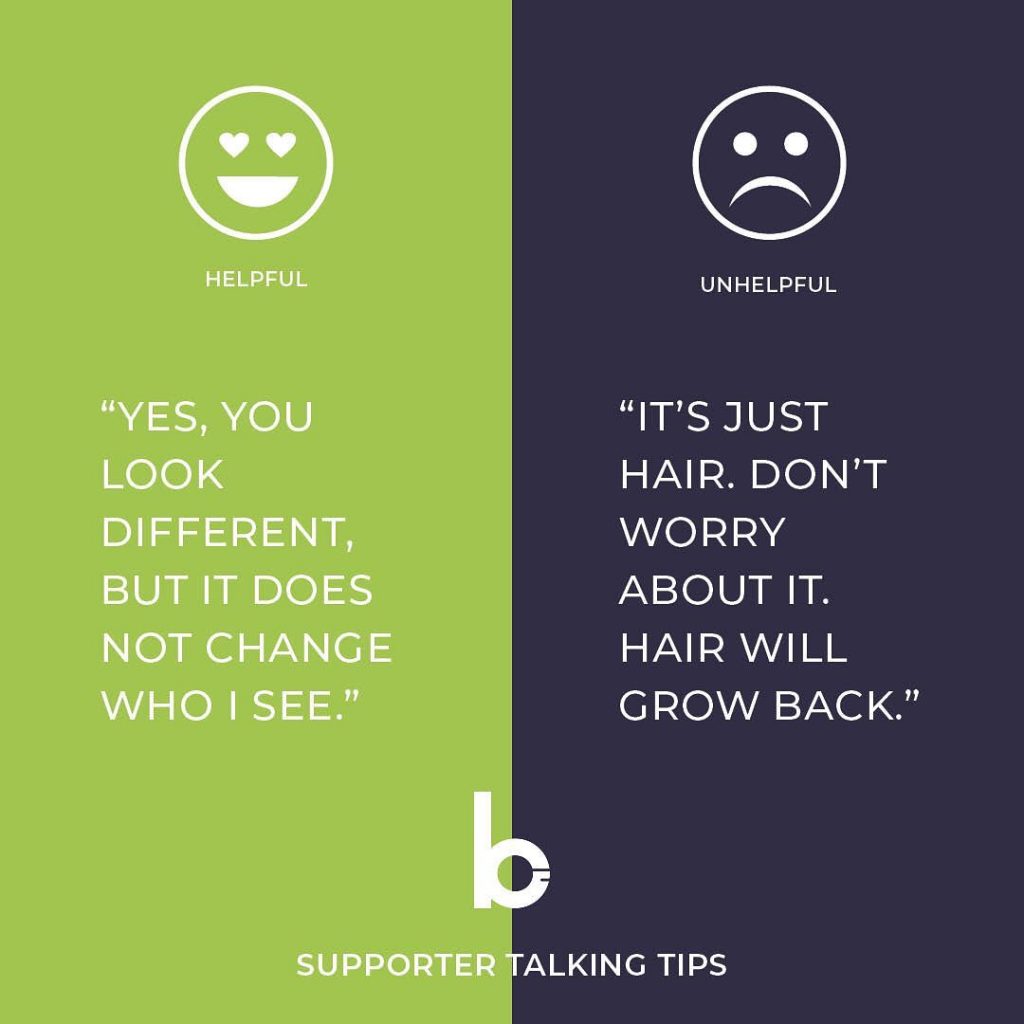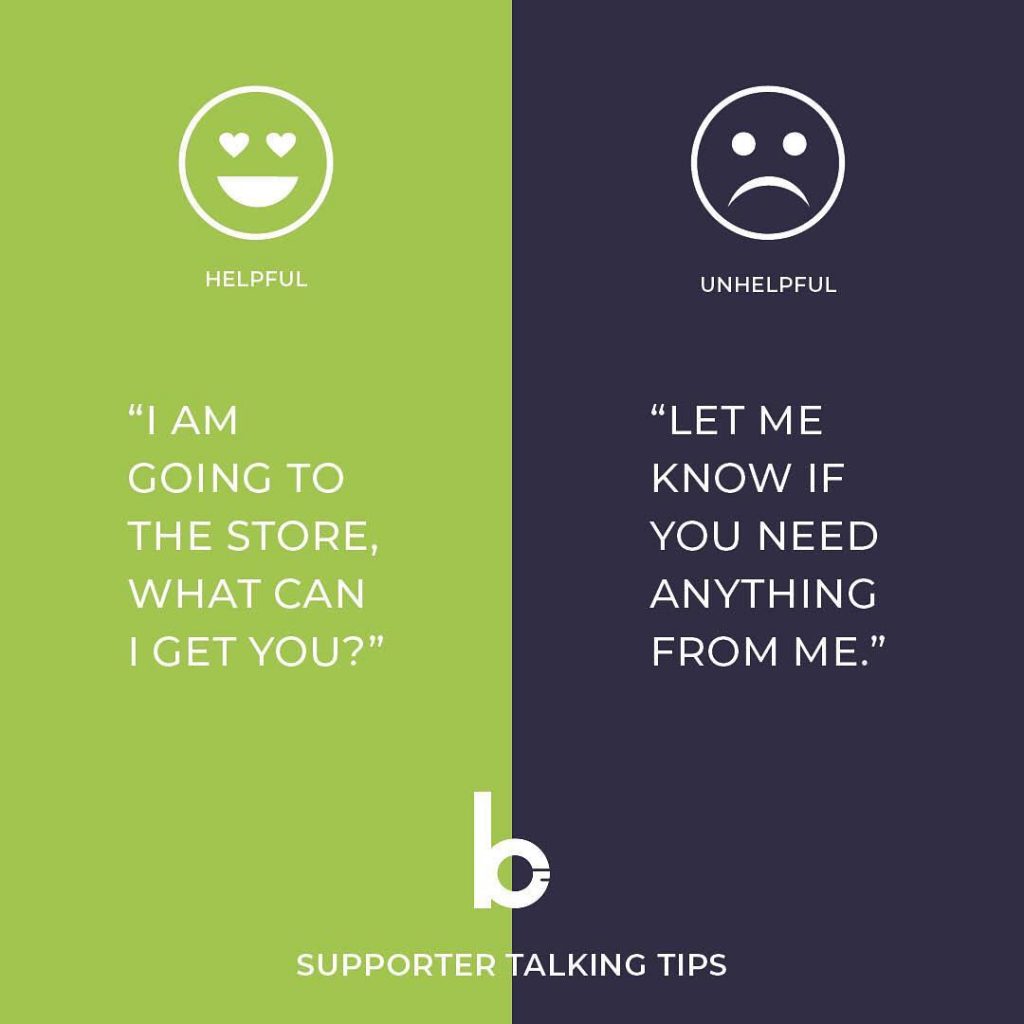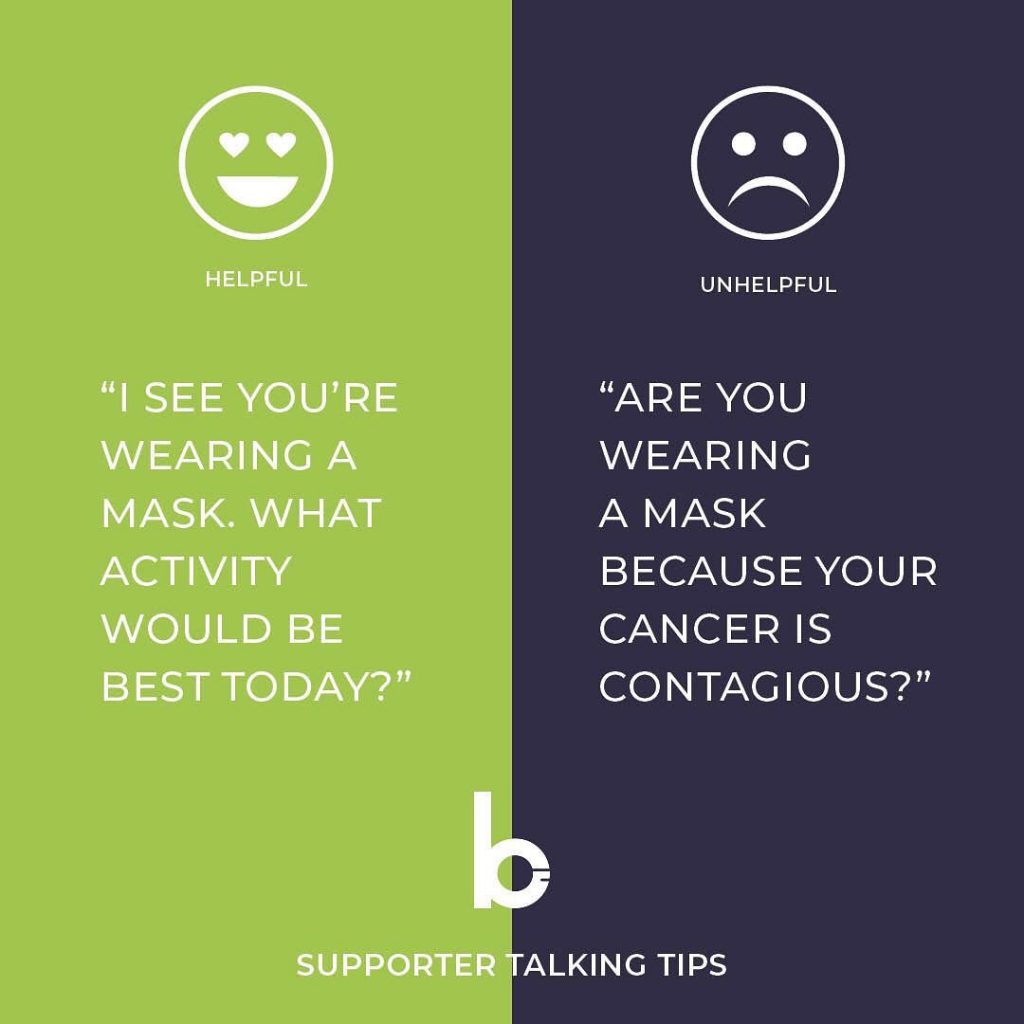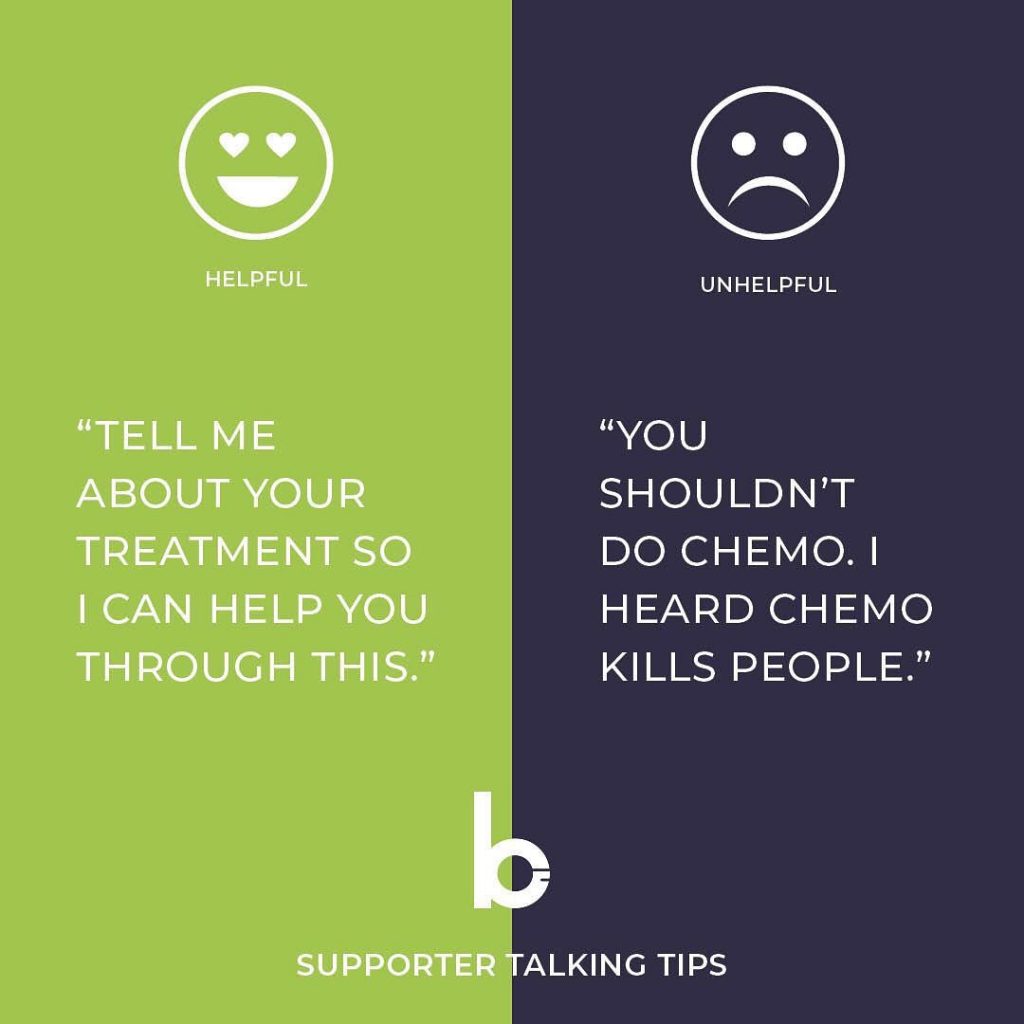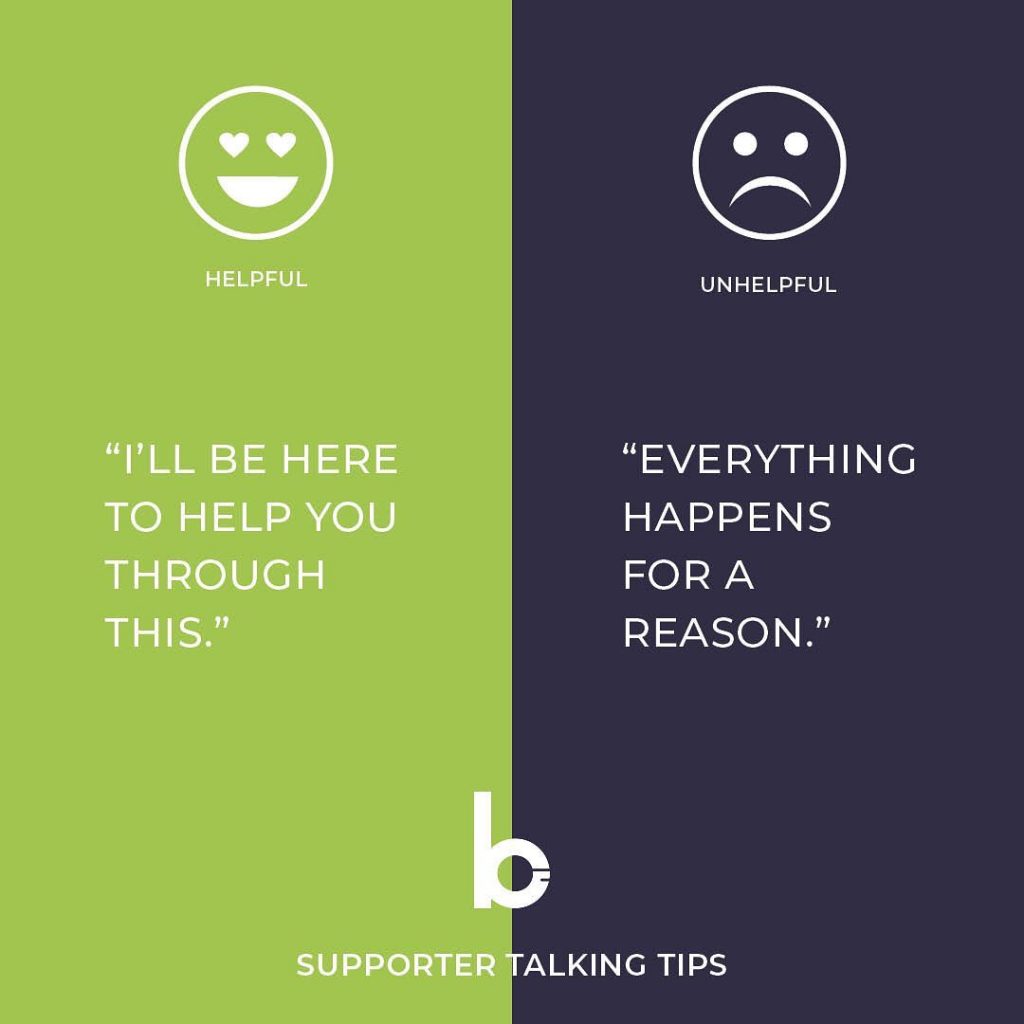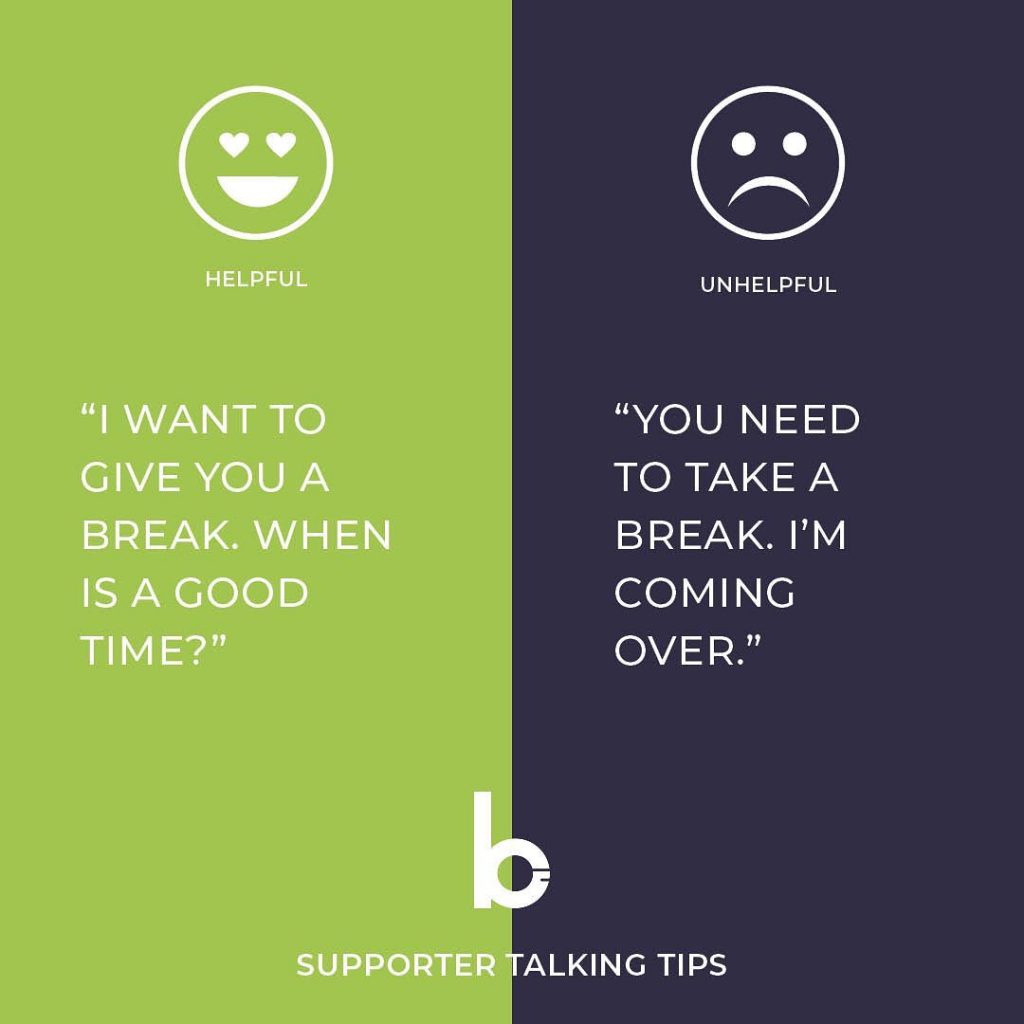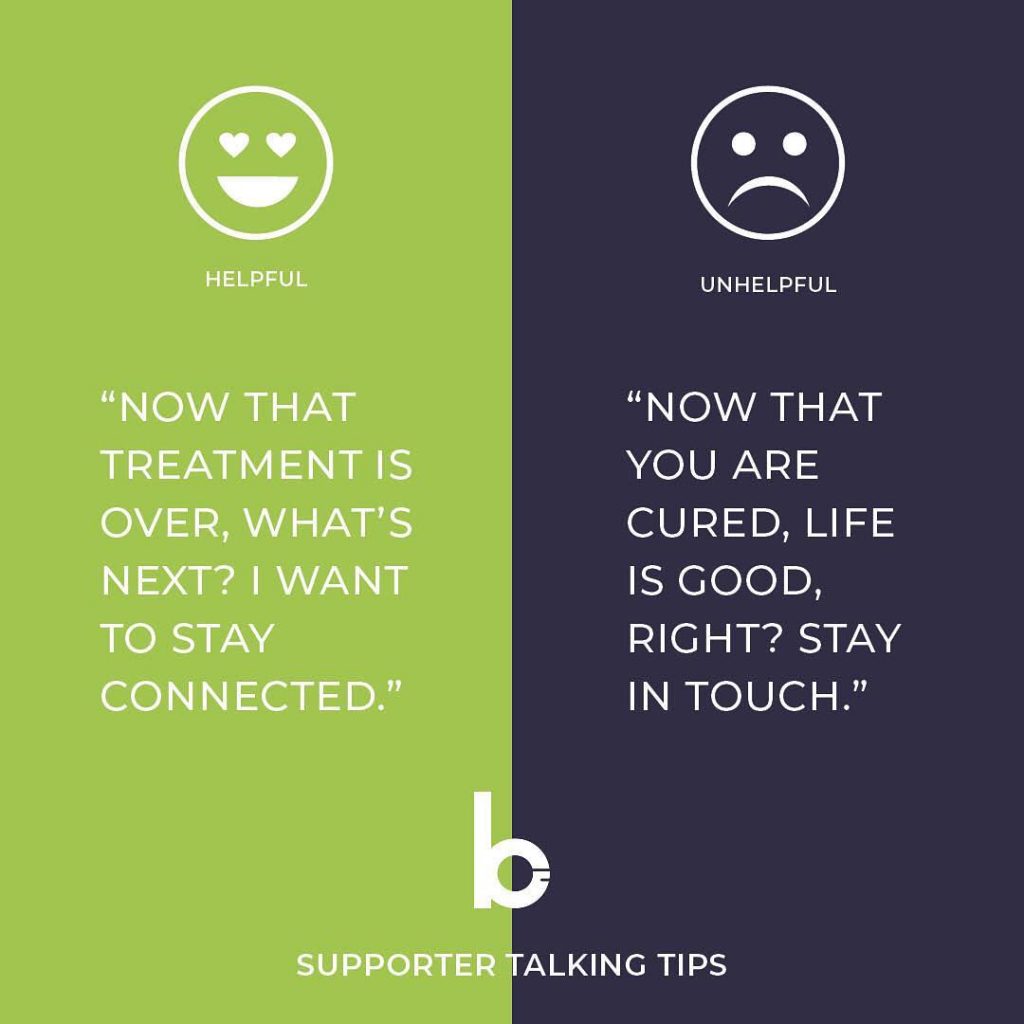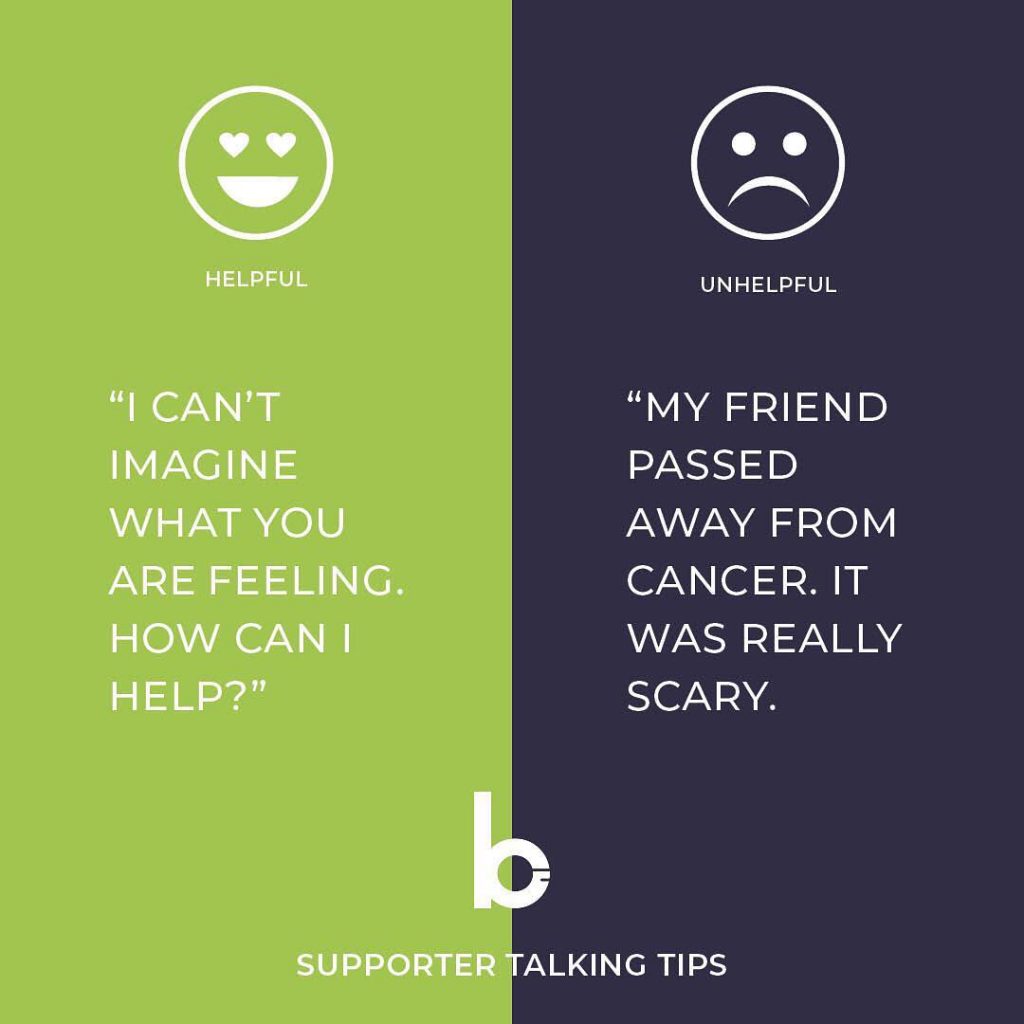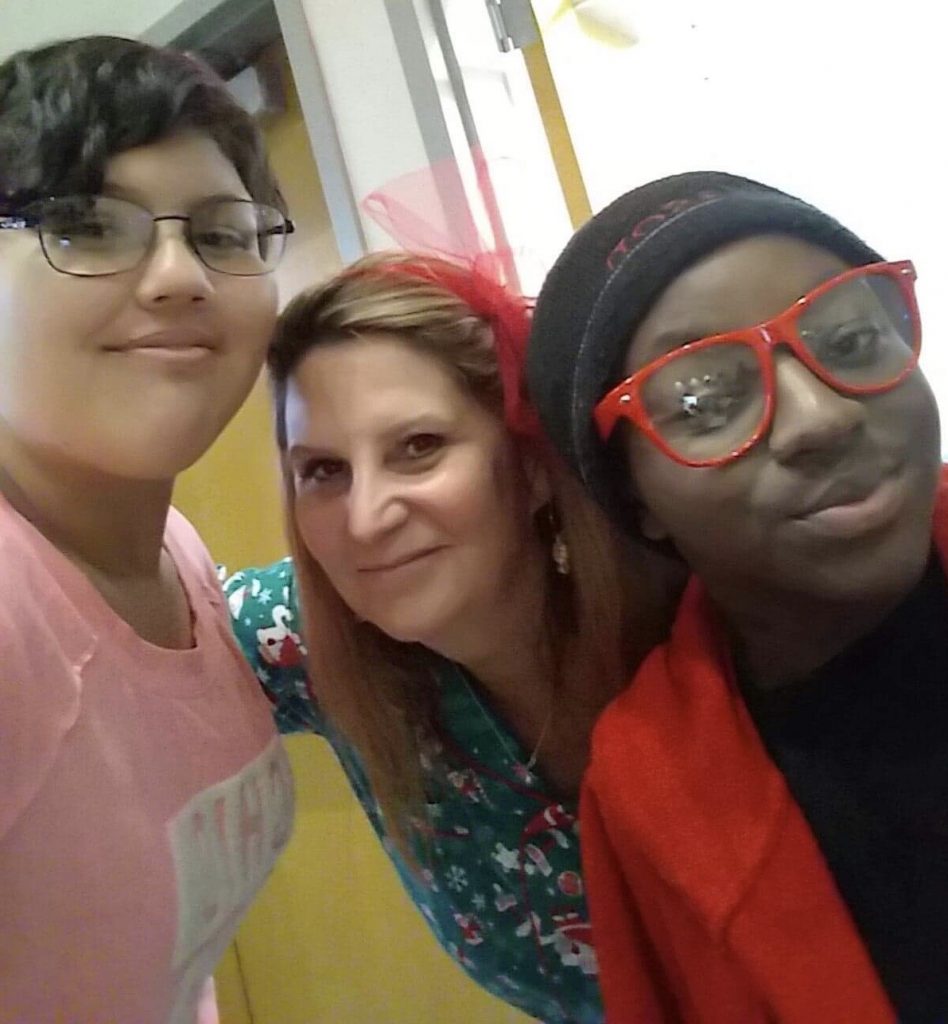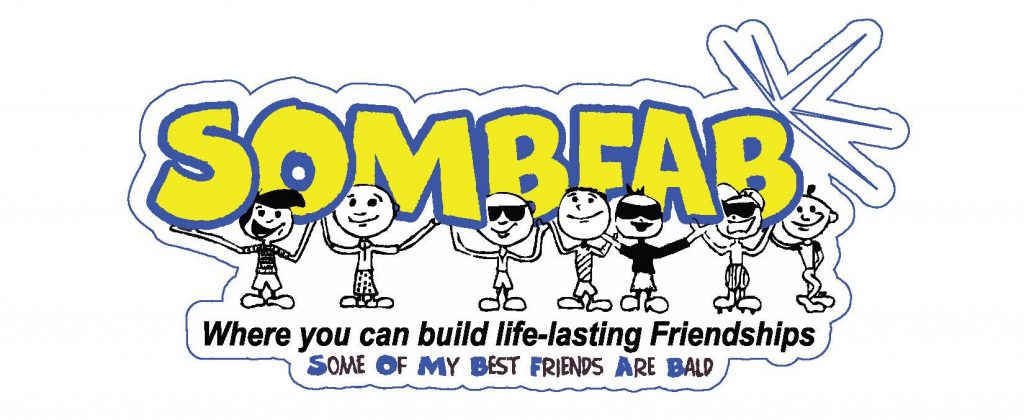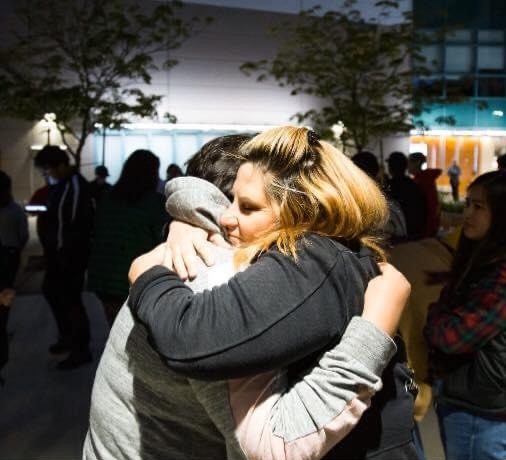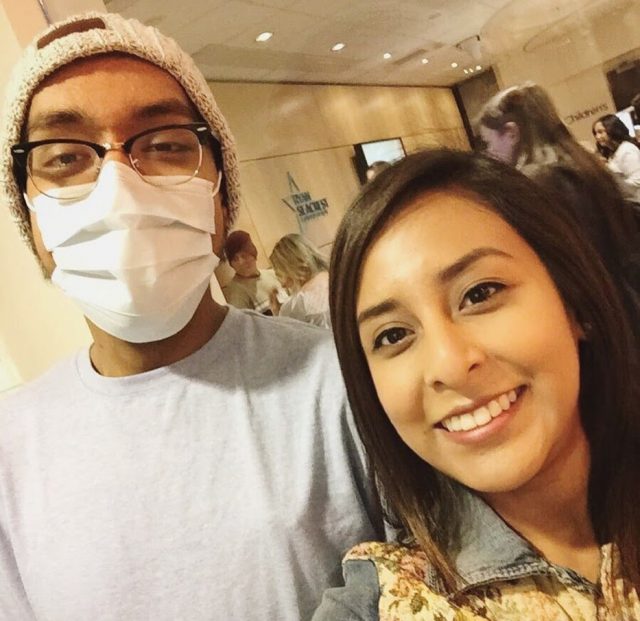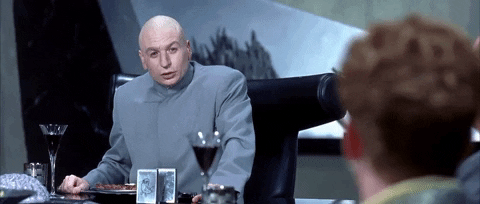Friendships are one of the most important aspects of our lives, and staying connected when isolated is essential for our mental health. Whether you have a friend that is stuck in the hospital or a long-distance BFF, remember there are tons of ways to b-present and stay connected to friends from afar. Video chats like FaceTime, Zoom, and Google Hangouts have been our favorite way to check-in with family and friends, but have you tried out these fresh new ways to connect?
Game Together
GameApart takes game night virtual. You can play board and card games online with your friends and family via Zoom, Google Hangouts, or Facebook Messenger. No matter where you are, you’ll never miss game night again!
Jackbox Games allows you to play with up to 10 friends in front of a virtual audience of up to 10,000. Just hop on a video chat service (like Zoom or Google Hangouts) and start a game on your laptop. You can use the screen sharing option so that players you’re on a call with can see the game. Everyone can play along on their own mobile devices by using a browser and going to Jackbox.tv.
Scattegories is a classic fan-favorite, and it is available to play virtually for free. Just download the app and challenge a friend via video chat.
Words With Friends 2 is for all the Scrabble lovers out there looking for a fun brain exercise with some company.
Playing Cards website lets you invite friends to play board games and card games like chess, go fish, crazy eights, and any other card game using a standard 52-card deck. All movements are synchronized, and if you add in a video chat, it’s pretty much like you are playing them in real-life.
Ticket To Ride will virtually feed your and your friend’s wanderlust. It costs $7 to download for each person who wants to play, but building a virtual train ride across America is time well-spent with friends. Pair the game with a video chat, so it feels like you are on the adventure together!
Friendship Bingo keeps you accountable for staying connected. Loneliness is painful, especially when you are living with loneliness for a prolonged period of time. Putting your time, energy, and attention into your close circle of friends can help ease the feelings of isolation and bring back a sense of normalcy. It’s hard times like these that help us to appreciate the friendships we are lucky to have.
Watch Together
Netflix Parties is a fun way to watch Netflix shows and movies with your friends. There is a chat window where group members can comment and chat during the show.
Facebook Watch Party allows the host to pick out a queue of Facebook videos and line them up for the party to watch together. The host invites friends (other friends can join later too), and they can see and hear each other, as well as comment on the videos.
Do a virtual workout together. There are tons of options when it comes to accessing quality fitness classes anytime from your laptop, tablet, or smartphone. The cherry on top? Many of them don’t require any special equipment! Check out virtual Zumba classes or YMCA360.
Live stream a concert Move the couch, put on your dancing shoes, and turn on the video chat so you can boogie together. Because everyone loves living room dance parties.
How do you stay connected to friends?
Let us know if we need to add any fun activities to this list!

